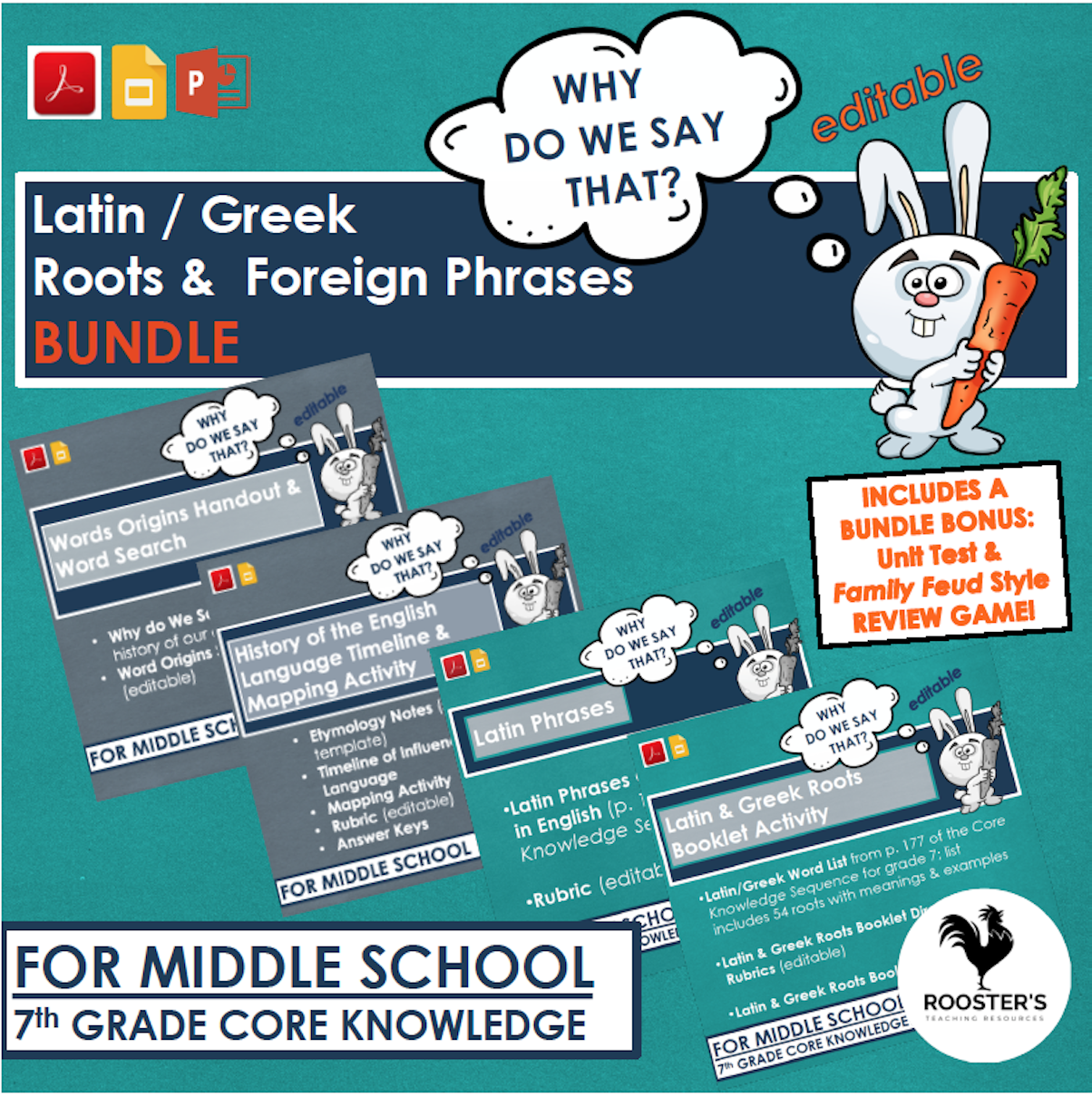
Spelling matters - even in middle school!
Objectively, I would not consider a poor speller unintelligent.
In fact, I would say that our education system supports this view. Once in middle school, spelling is typically lumped with other English conventions when evaluated – this includes standardized tests. Subjectively, however, spelling matters. The fact is that 80% of resumes are rejected due to spelling and grammar errors. An application with spelling errors demonstrates a lack of care or plain sloppiness. This doesn’t just pertain to the job market. Spelling is even scrutinized by potential partners on dating sites!
Besides the judgement, the same knowledge that makes for good spelling - the connection between letters and sounds - is the foundation to reading and writing.
A reader who lacks phonics skills struggles with sounding out the text and loses its meaning. Writing is also impacted by the ability to spell. The poor speller can get stuck in the writing process impeding the very thoughts they are trying to convey. (Moats)
"Well, what about spell check?" you may ask.
Who will forget “covfefe” and “lasting peach”? Spell check simply checks words that are spelled wrong. If the writer uses the wrong word for the context, the program will not catch it. Furthermore, the intended word needs to be close enough for the program to pick up the word in question. The writer needs to spell reasonably well for spell check to be of help.
Granted, English is complex and more difficult to spell than most languages.
One reason English is complicated is because there are numerous spellings for the same sounds. Take for example the sound /k/. It can be spelled with a k (kite), c (cat), ch (school), ck or qu (quack). Part of this is due to the fact that English is a combination of languages – Anglo-Saxon, French, Latin and Greek. It’s interesting that words can be categorized under these languages. Common words (animals, family, numbers, common objects) are from Anglo-Saxon. Latin-based vocabulary is based in commerce and the law. During the Renaissance, Greek and Latin words were integrated with new scientific and mathematical discoveries. (Moats)
The English Spelling Society, formed in 1908, have argued for years for the simplification of English.
For good or bad, this simplification has yet to be adopted. For now, English spelling remains complex, but in this complexity also lies its richness. English has twice the number of words as other other languages such as German, Spanish and French, and because of its history, gives a range of vocabulary with shades of meaning.
Even with its complexity, it's reassuring to know that 84% of English words are largely predictable.
In English, there are 26 letters, 40 sounds, and 250 ways to spell those sounds. This may seem overwhelming, but because phonics instruction is spread across years, it’s doable. (Moats)
Of course, phonics instruction is one of the primary focuses in the lower elementary grades.
A systematic phonics program is paramount in building a foundation in spelling and reading. Continued spelling instruction in middle school is also recommended and beneficial. Middle school is a time to help students understand the history of the English language, word origins and Greek and Latin roots which aid in spelling and vocabulary development. Although there is some debate on the matter, a case for continued word patterns and phonics instruction in middle school can also be made.
It would be great if all middle school students were proficient readers, but the fact is that millions of students in middle and high school struggle with reading.
Not all have issues with phonics, but some do, especially the ELL. Furthermore, many students (and adults) who are literate and who use spelling and phonics rules correctly can not articulate these rules. (Moats)
One of my personal favorite spelling resources for the upper elementary and middle school student is Sitton Spelling.
Sitton Spelling is a program based on phonics with grade-leveled word lists and a variety of learning activities for grades K-8.
Another starting point is to articulate the rules.
Rooster's Teaching Resources provides a review of all of the phonics rules in its Spelling Rules unit.
This unit provides students and teachers the tools to articulate the rules of spelling so that these patterns and rules can be discussed and pointed to. Learning or re-learning these rules can provide an aha moment for both the student and teacher. This Spelling Rules resource also utilizes the Core Knowledge 7th grade spelling list (p. 176 of the Core Knowledge Sequence). In this unit, students examine this list of 50 commonly misspelled words to decipher what phonics rules apply. This resource provides the teacher with handouts of phonics rules, assignments and quizzes.
In summary, spelling matters.
For the middle school student, continuing to provide a solid foundation in phonics, root words and our language’s rich history helps students further their reading and writing skills giving them the confidence to communicate and succeed.
©Tuiolosega 2020







